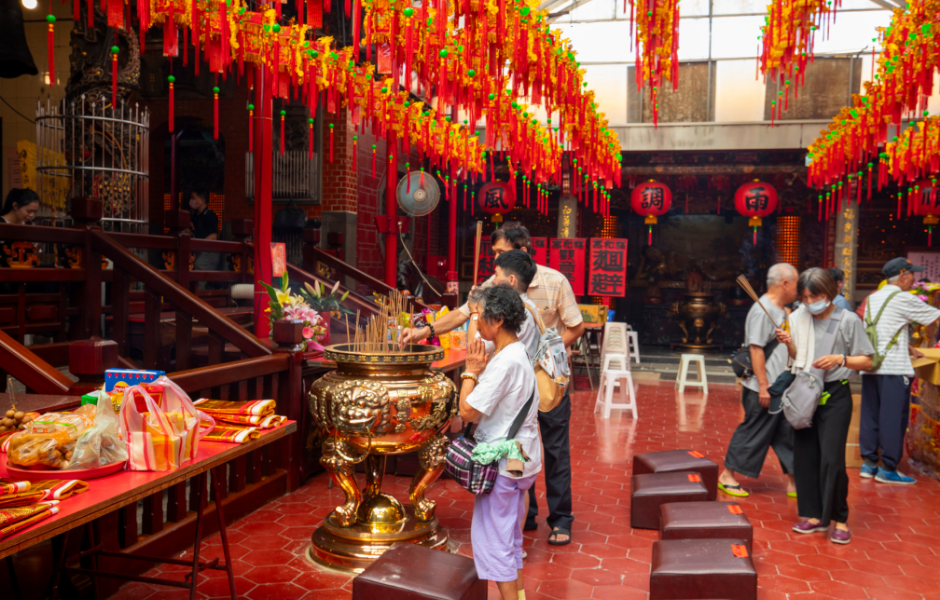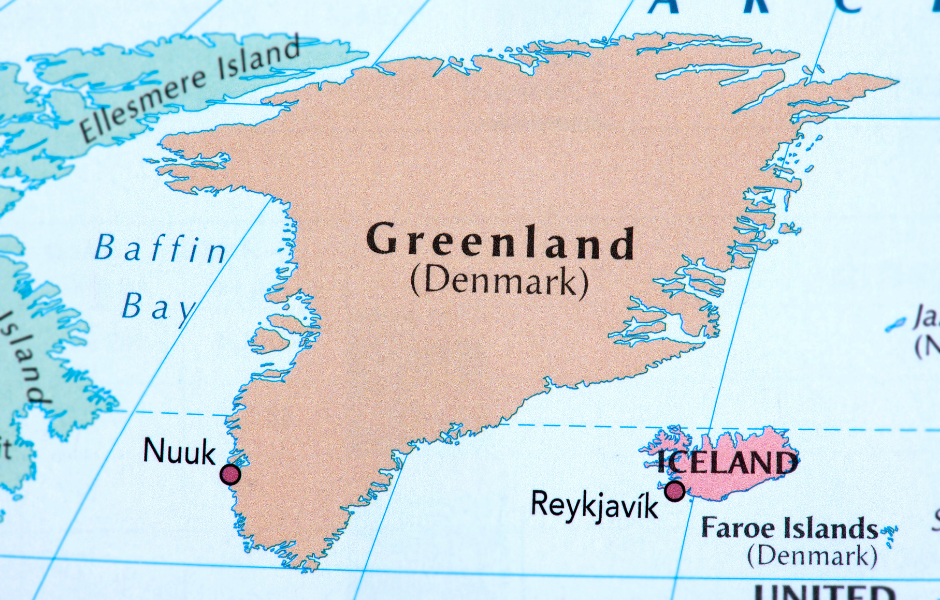
This children’s article, Hungry Ghost Festival explained for kids, has been written for native English speakers and learners of English as a second or foreign language. It can help children practise reading and comprehension, learn useful vocabulary, and explore an important cultural festival in Asia. Written by Sinead O’Carroll, an experienced teacher and writer.
What is the Hungry Ghost Festival?
The Hungry Ghost Festival is an important celebration in many Asian cultures. People believe it is a time to honour their ancestors (family members from long ago) and wandering spirits. The festival has different names in different traditions. In Taoism it is called the Zhongyuan Festival, and in Buddhism it is known as the Yulanpen Festival. Some people also call it the Yulan Festival.
Families believe that showing respect to their ancestors brings peace to the spirits and good fortune to the living.
The festival is part of Ghost Month (鬼月), which is the seventh month of the Chinese lunar calendar. The main day of the Hungry Ghost Festival is the 15th day of this month.
The history of the festival
The Hungry Ghost Festival is very old. People in China have celebrated it for more than 2,000 years, since the time of the Han Dynasty.
Long ago, people believed that during the seventh lunar month the gates of the afterlife opened. This meant spirits could leave the spirit world and visit the world of the living.
Emperor Wu of the Han Dynasty encouraged people to honour their ancestors. Over time, Taoist and Buddhist ideas added more rituals. The festival became a way for the living to help wandering souls find peace.
How families celebrate
During the Hungry Ghost Festival, families often prepare a large meal for the spirits, burn incense, and make offerings to them. These are believed to prevent bad luck and bring blessings.
People often burn paper money, clothes, or even small paper houses. Candles or lanterns are lit to show the way. Families may also gather together to share stories about loved ones who have passed away.
Similar traditions in Asia
The Hungry Ghost Festival comes from China, but other Asian countries have similar traditions. In Japan, people celebrate Obon, a festival that also welcomes the spirits of ancestors. In Cambodia, Pchum Ben is a time for families to remember those who have died.
How it compares to Halloween
In Western countries, Halloween is sometimes compared to the Hungry Ghost Festival. Both involve spirits and the idea of the dead visiting the world of the living. However, Halloween is mainly about fun, costumes, and sweets, while the Hungry Ghost Festival is about respect, family, and remembering ancestors.
Why it is remembered today
The Hungry Ghost Festival is still celebrated because it connects families to their history and traditions. It reminds people to respect those who came before them. The rituals also give comfort, as families believe their care can help the spirits rest peacefully.To find out more you can read China Highlights – Hungry Ghost Festival.

Article vocabulary list
- Ancestor – A family member from the past, such as a great-grandparent.
- Lunar calendar – A calendar based on the cycles of the moon.
- Afterlife – A place or world where some believe spirits go after death.
- Incense – A substance that is burned to make a sweet smell, often used in ceremonies.
- Offerings – Gifts such as food, money, or items given to honour spirits.
- Blessings – Good things such as luck, health, or happiness.
- Lanterns – Lights, often made of paper, used in festivals or to guide spirits.
- Rituals – Special actions or ceremonies that are repeated in the same way.
Comprehension questions
Just click the plus (+) to see the answer
1. What is the main purpose of the Hungry Ghost Festival?
a) To play games with friends
b) To honour ancestors and wandering spirits
c) To celebrate the New Year
Answer: b) To honour ancestors and wandering spirits
2. On which day of the lunar month is the Hungry Ghost Festival celebrated?
a) 1st day
b) 15th day
c) 30th day
Answer: b) 15th day
3. How old is the Hungry Ghost Festival?
a) About 200 years old
b) About 2,000 years old
c) About 20,000 years old
Answer: b) About 2,000 years old
4. What did people long ago believe happened during the seventh lunar month?
a) The gates of the afterlife opened
b) The moon disappeared
c) The emperor gave gifts
Answer: a) The gates of the afterlife opened
5. What are some items families burn as offerings during the festival?
a) Paper money, clothes, or paper houses
b) Toys and sweets
c) Gold and silver
Answer: a) Paper money, clothes, or paper houses
6. Which Japanese festival is similar to the Hungry Ghost Festival?
a) Diwali
b) Obon
c) Hanami
Answer: b) Obon
7. How is Halloween different from the Hungry Ghost Festival?
a) Halloween is about fun and costumes, while the Hungry Ghost Festival is about respect and ancestors
b) Halloween is about planting trees, while the Hungry Ghost Festival is about singing songs
c) They are the same
Answer: a) Halloween is about fun and costumes, while the Hungry Ghost Festival is about respect and ancestors
Sinead is a writer and EFL teacher with eight years’ experience. She’s a native English speaker who loves making news stories fun and easy to understand for children around the world. Her passions include travel, animals, and helping to make the world a kinder, more sustainable place.




